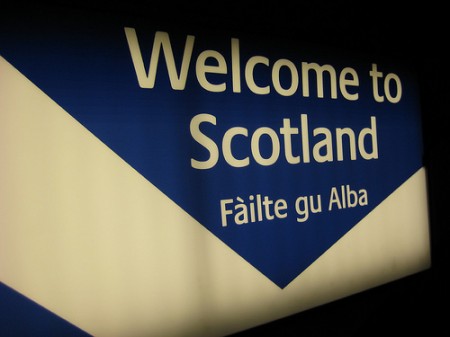
Recent elections in Scotland were historically significant. For the first time in history, the Scottish National Party (SNP) has won the majority in the Scottish parliament. In the previous term, the SNP only managed to constitute a minority government. But more than the remarkable majority achieved this year, it is one of the party’s main goals that is now in the spotlight: obtaining Scottish independence from the United Kingdom.
One might think that the way for independence is clear now, after the vote of confidence given by the Scots to the SNP. But this assumption is misleading. The election of the SNP should not be mistaken for a popular demand for independence. Recent studies show a clear objection to independence and attitudes haven’t changed much since. Two years ago an opinion poll commissioned by BBC Scotland confirmed that even though the population would like the government to hold a referendum, only 38% would actually vote for independence.
But what made the majority vote for the National Party, if it wasn’t the independence issue? Some analysts point out to the importance of the strategic abilities of Alex Salmond, leader of the SNP, to collect votes. The damaged image of the Conservative and Liberal parties certainly also gave him a hand. Both parties have endorsed controversial deficit reduction plans at the UK Parliament, and the Scots have demonstrated their strong disapproval through these elections.

